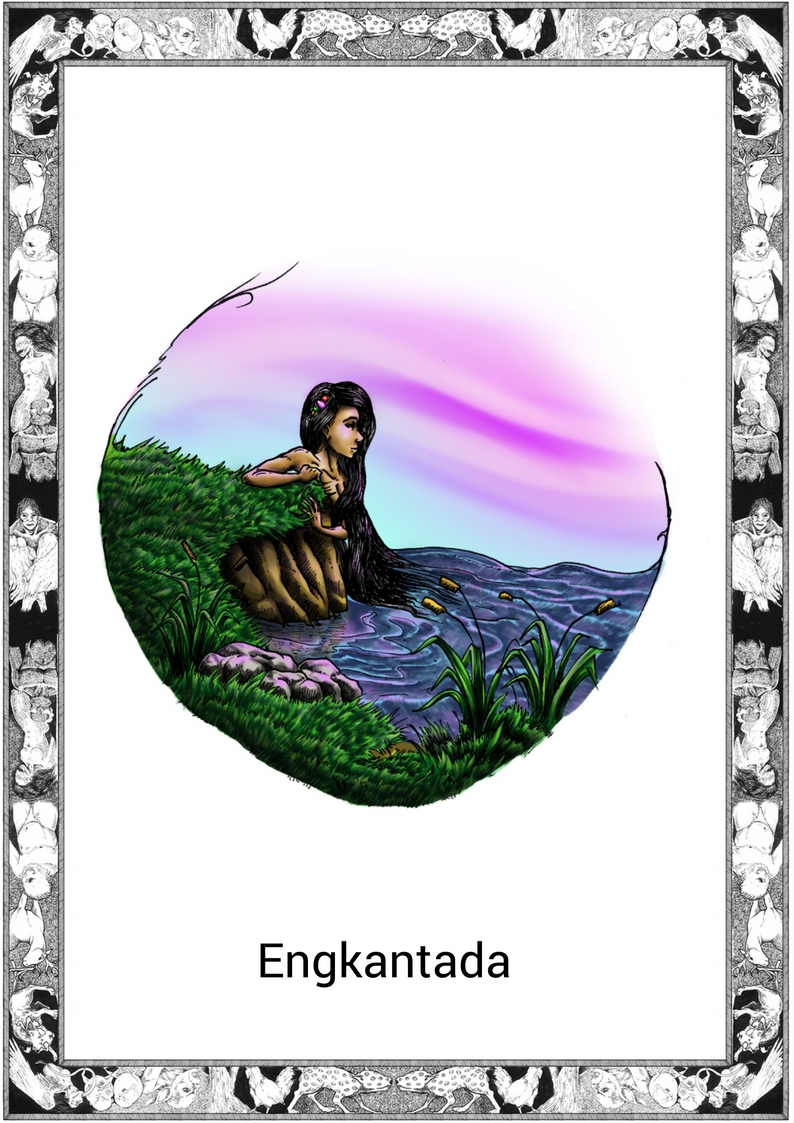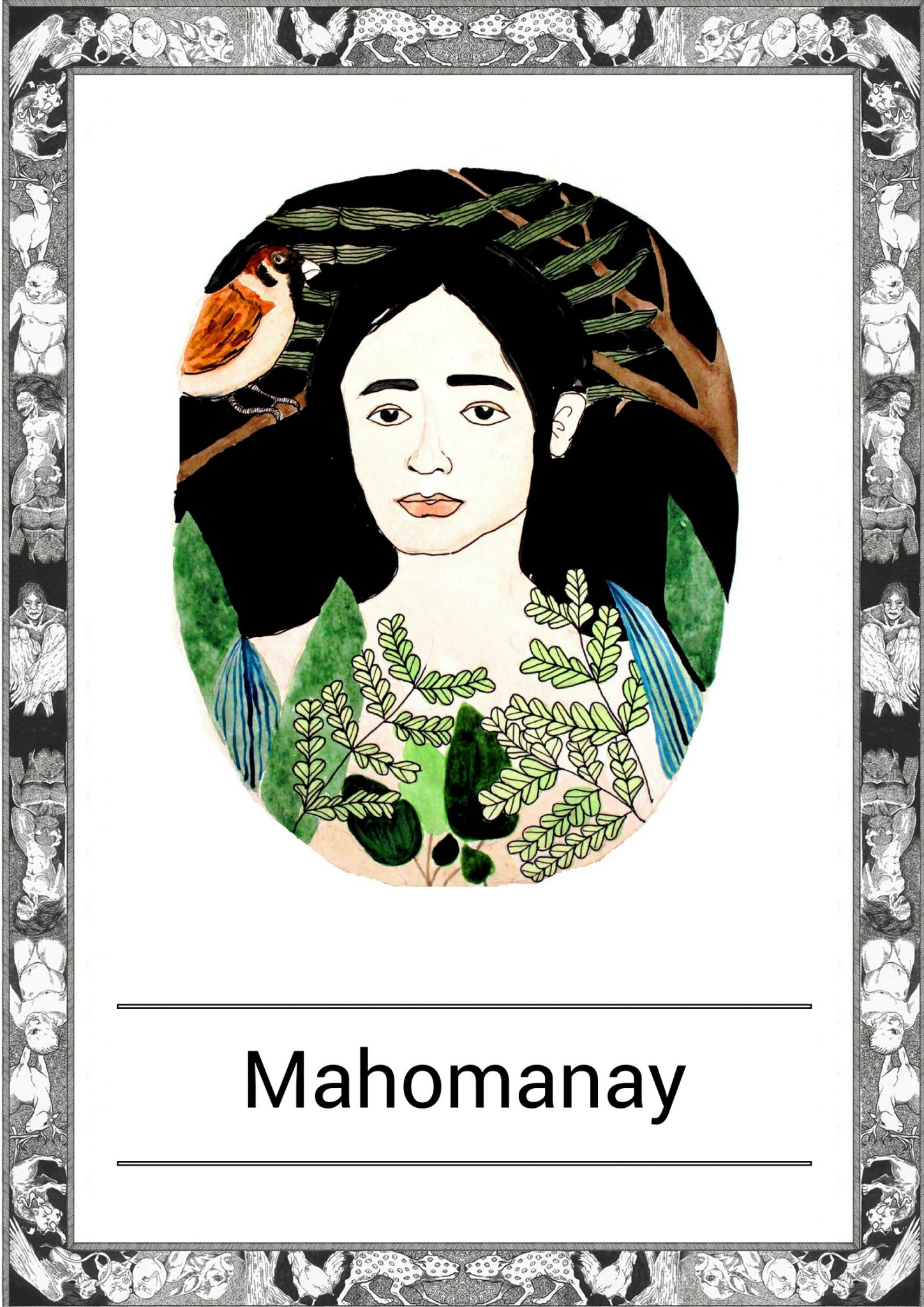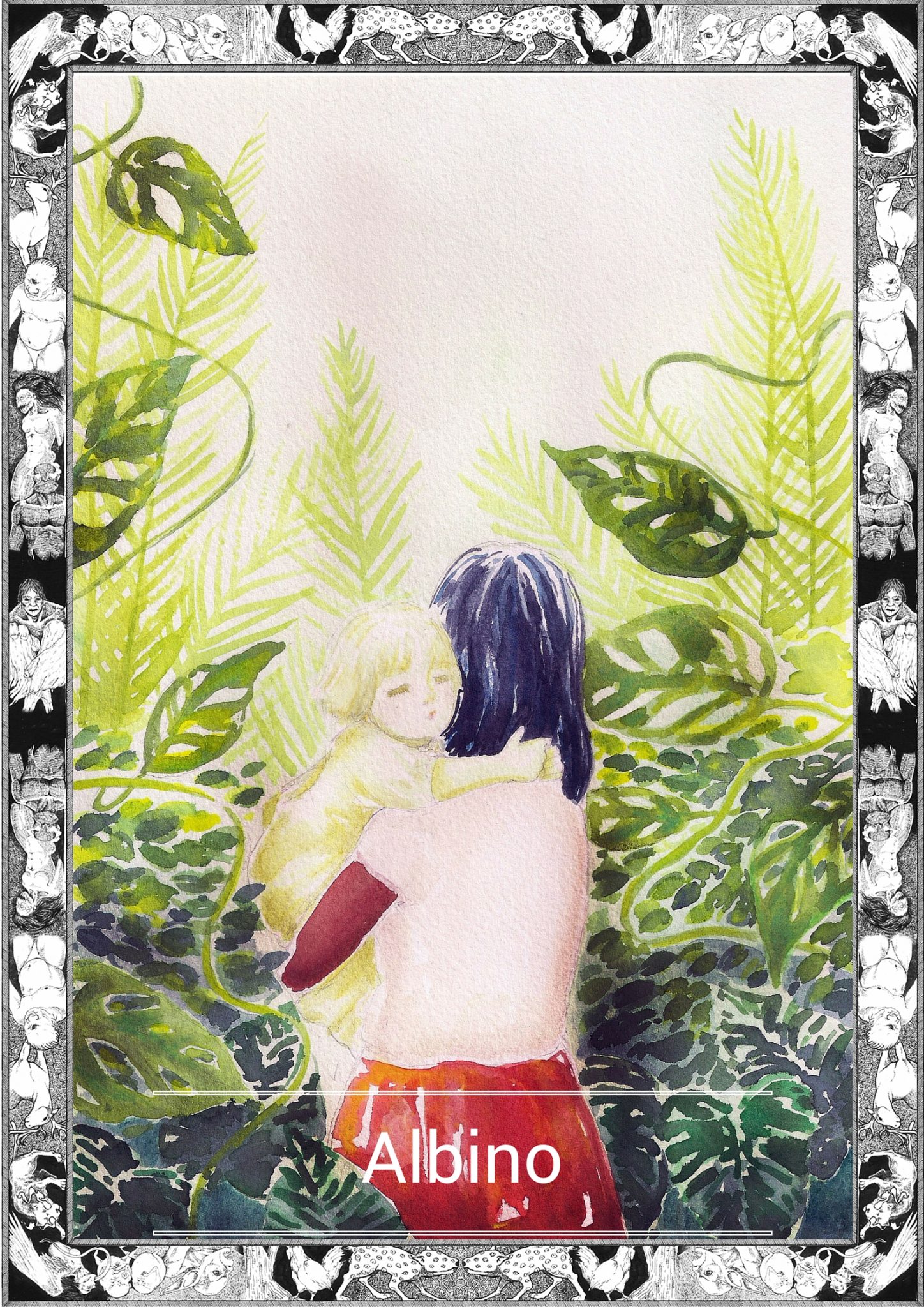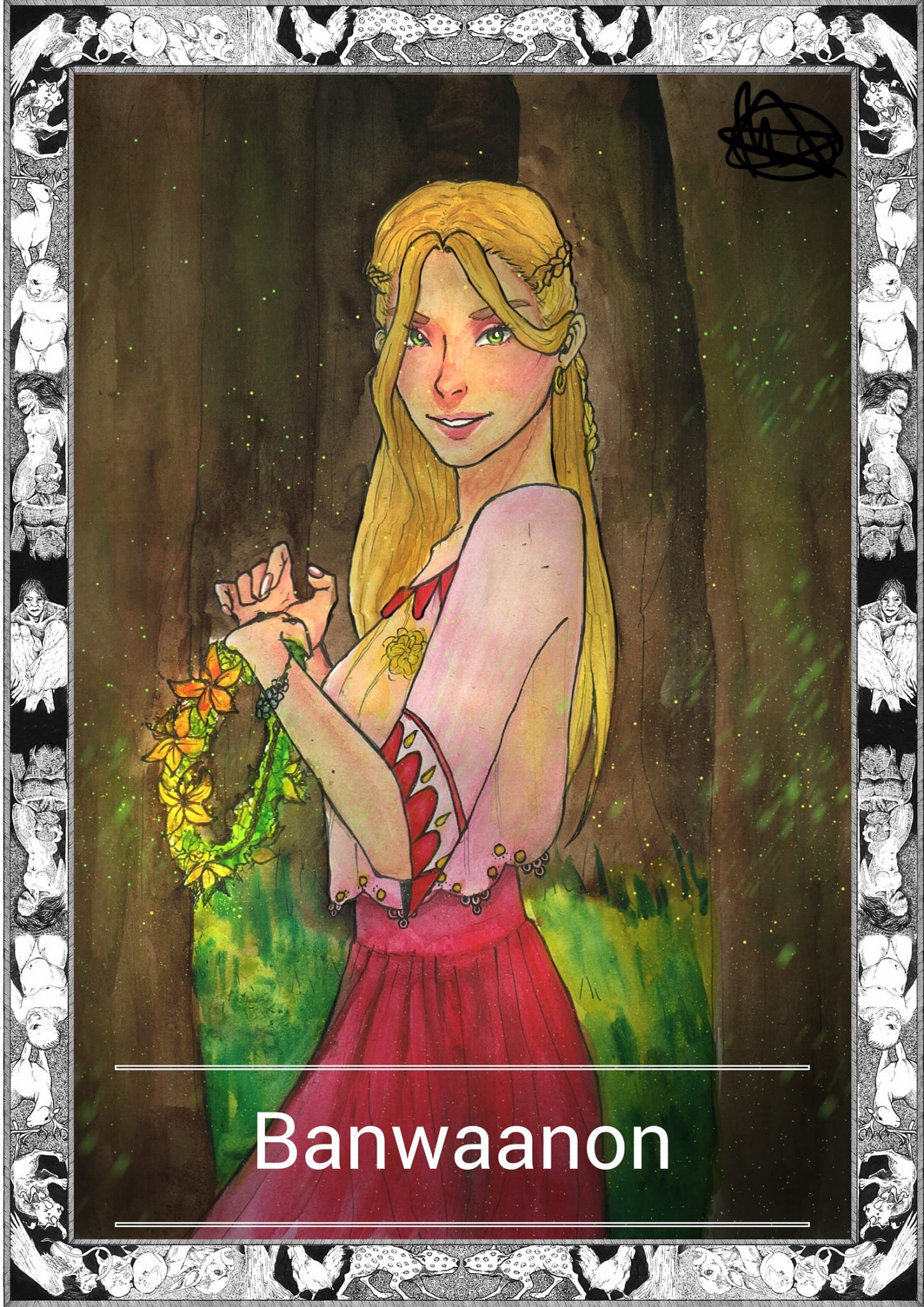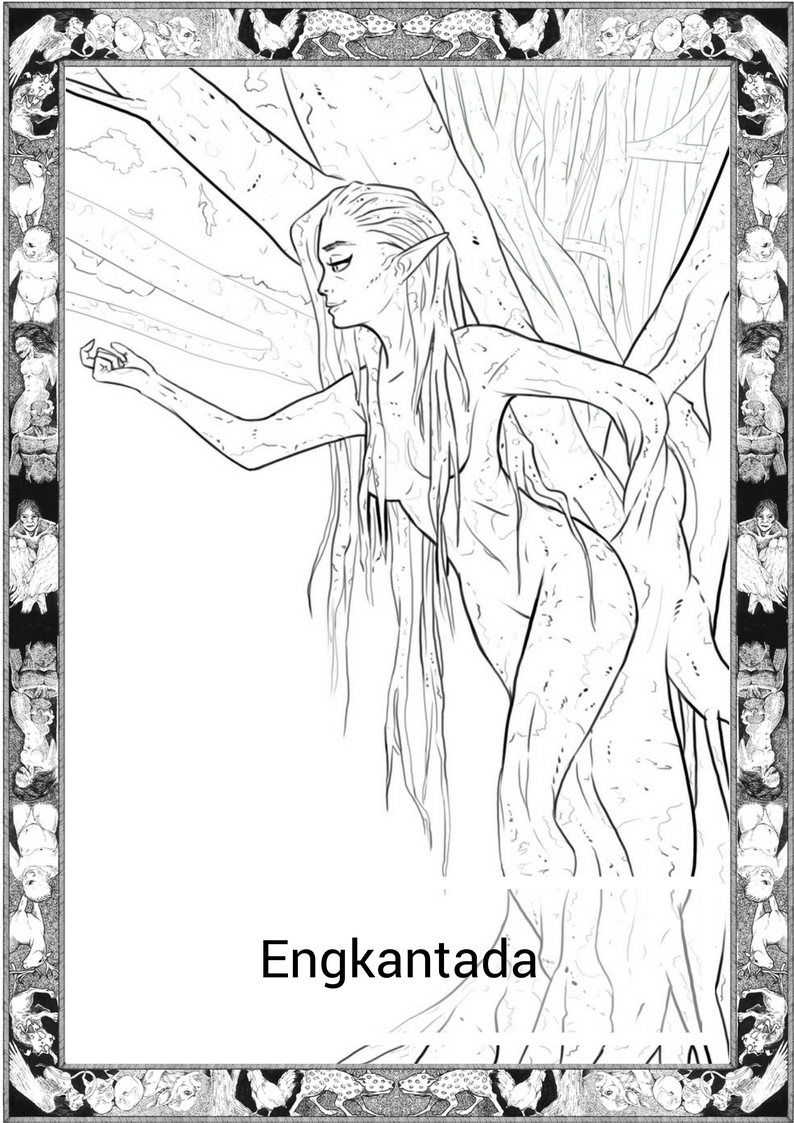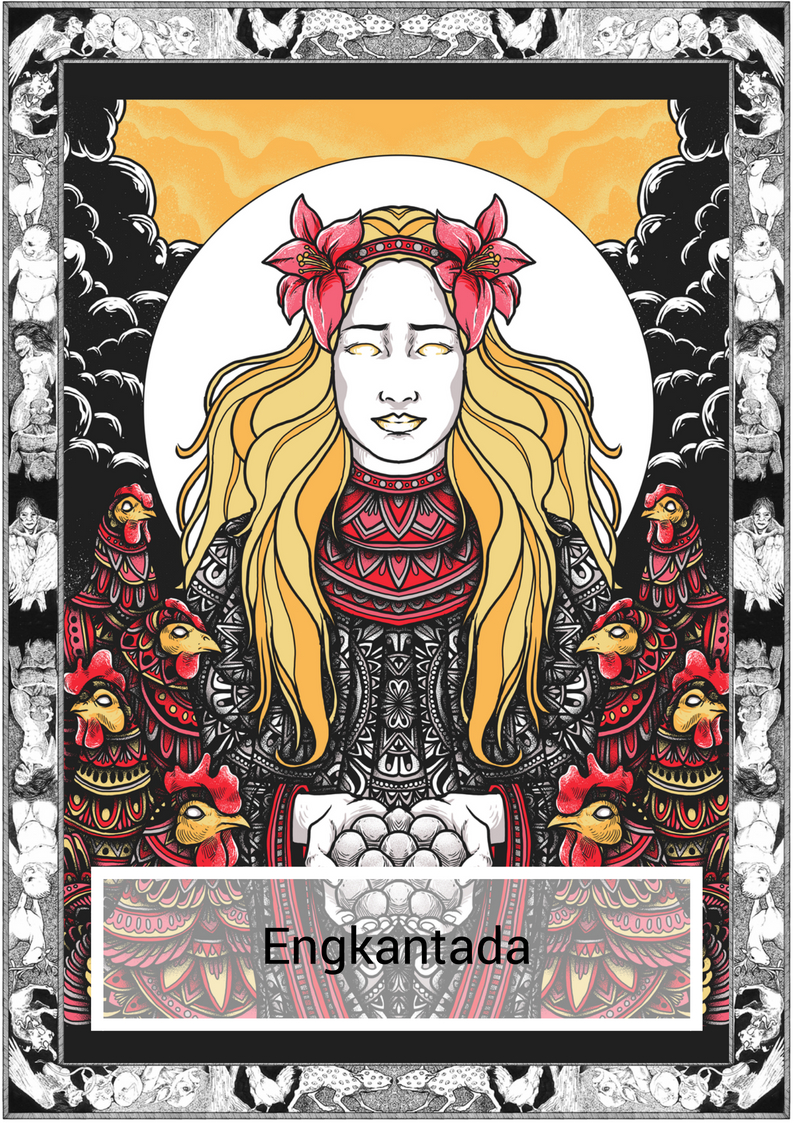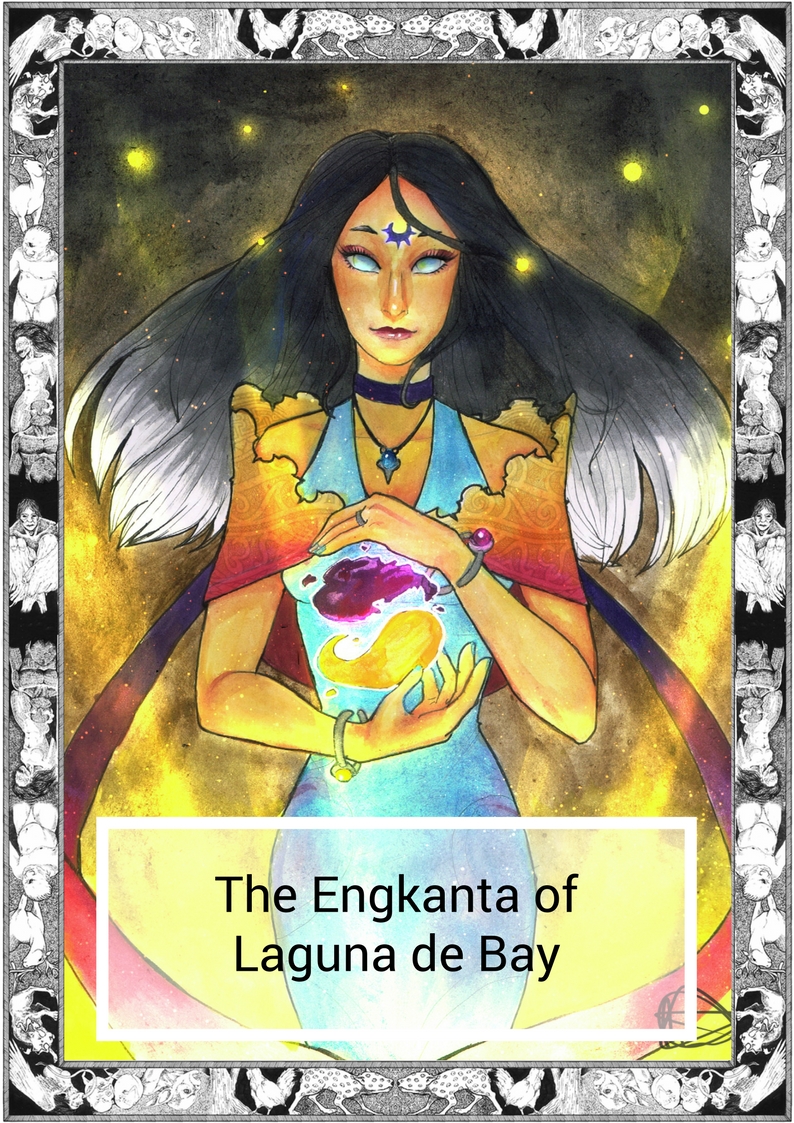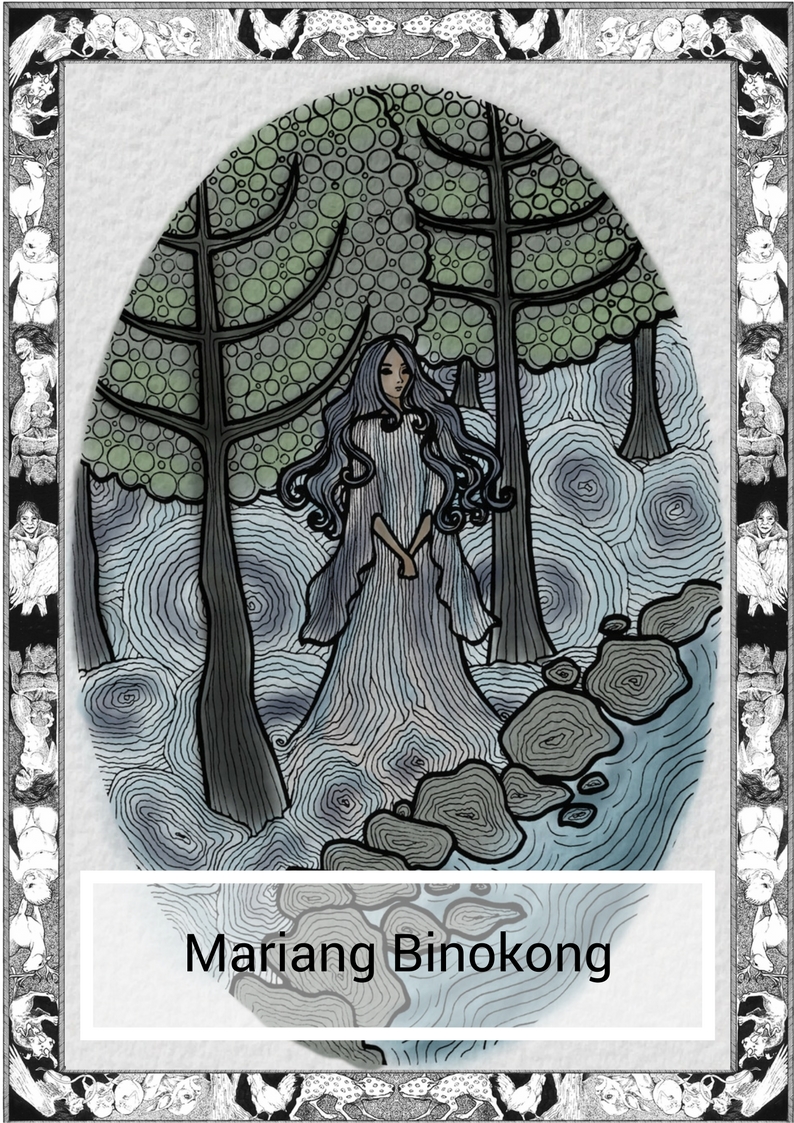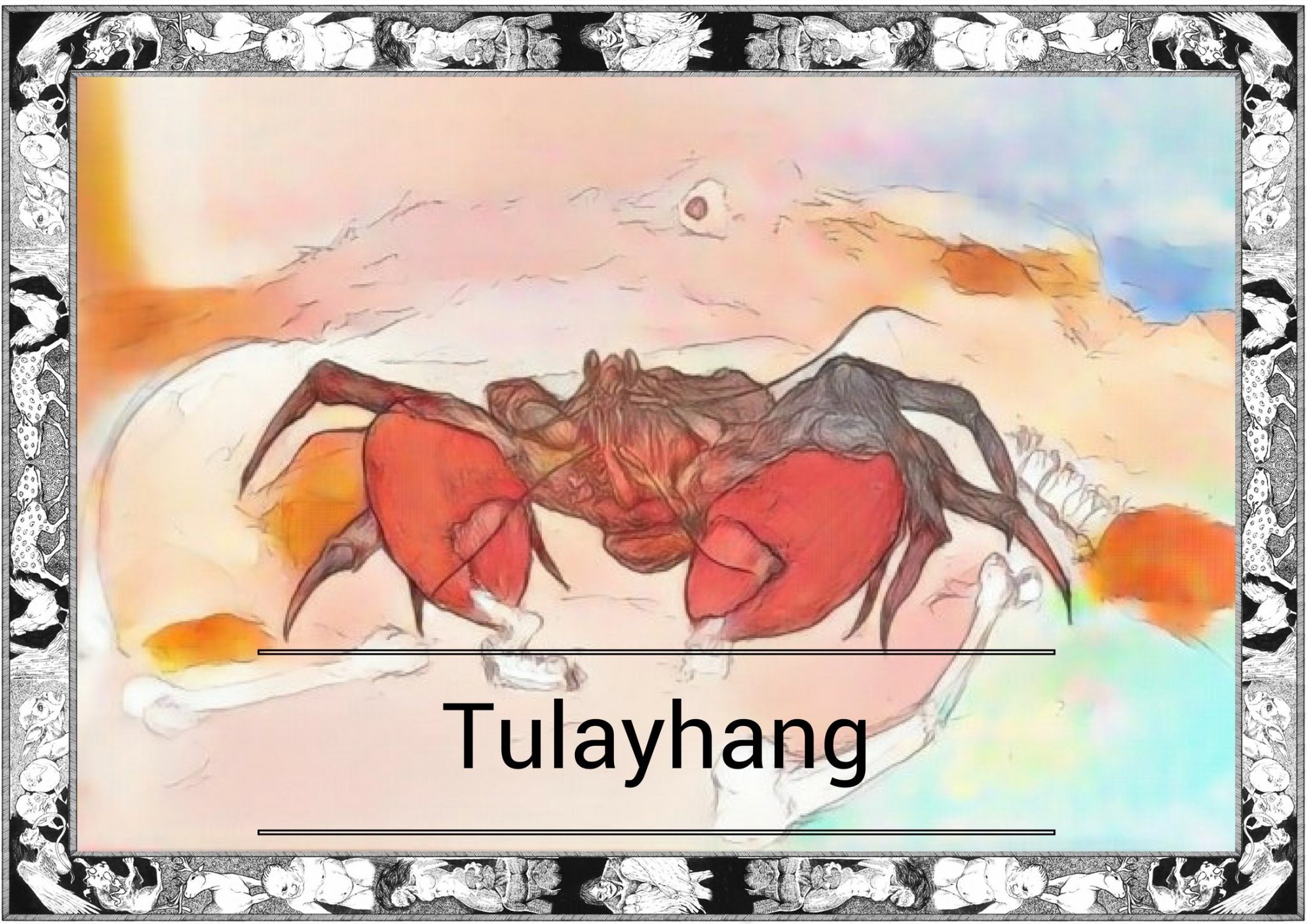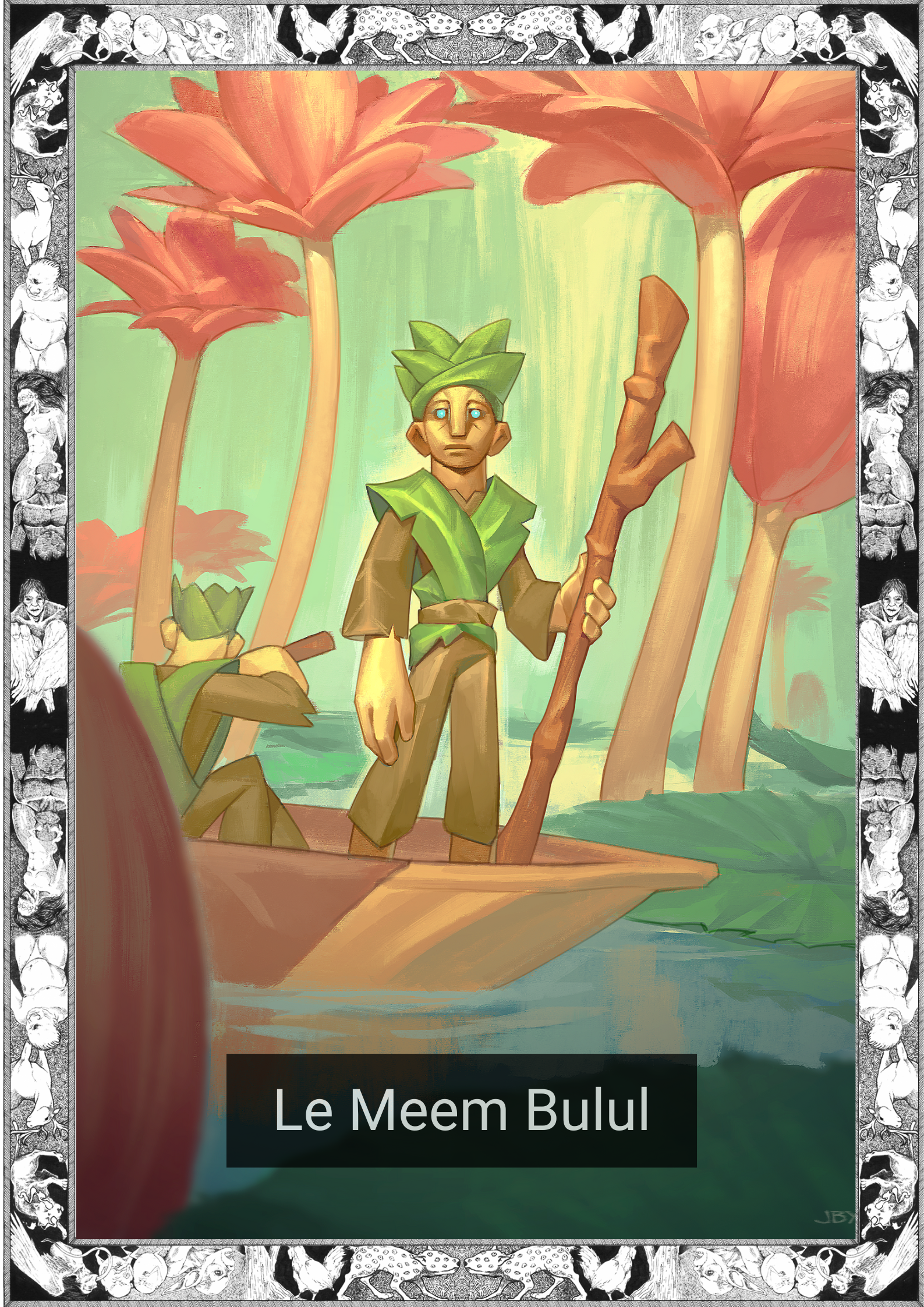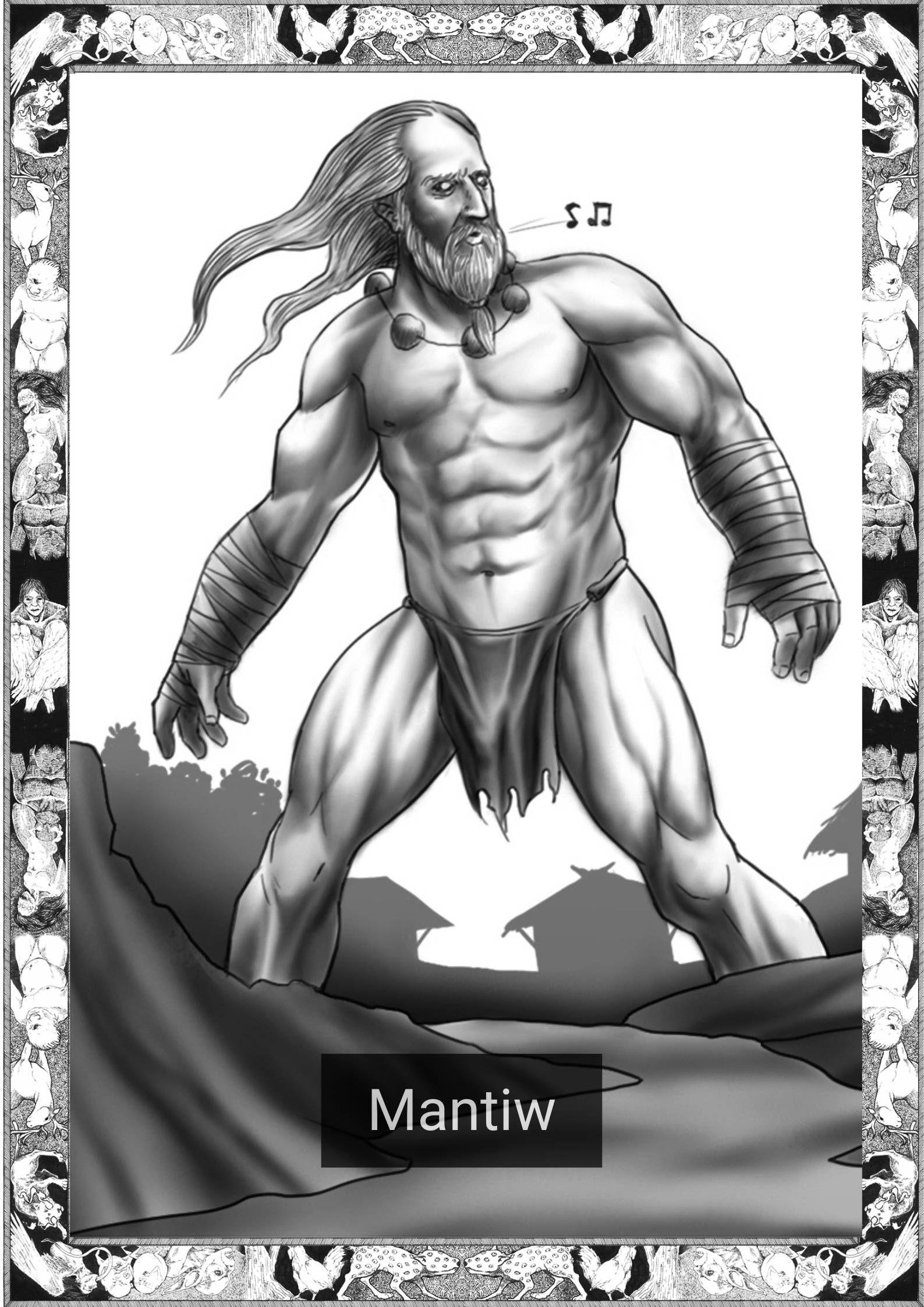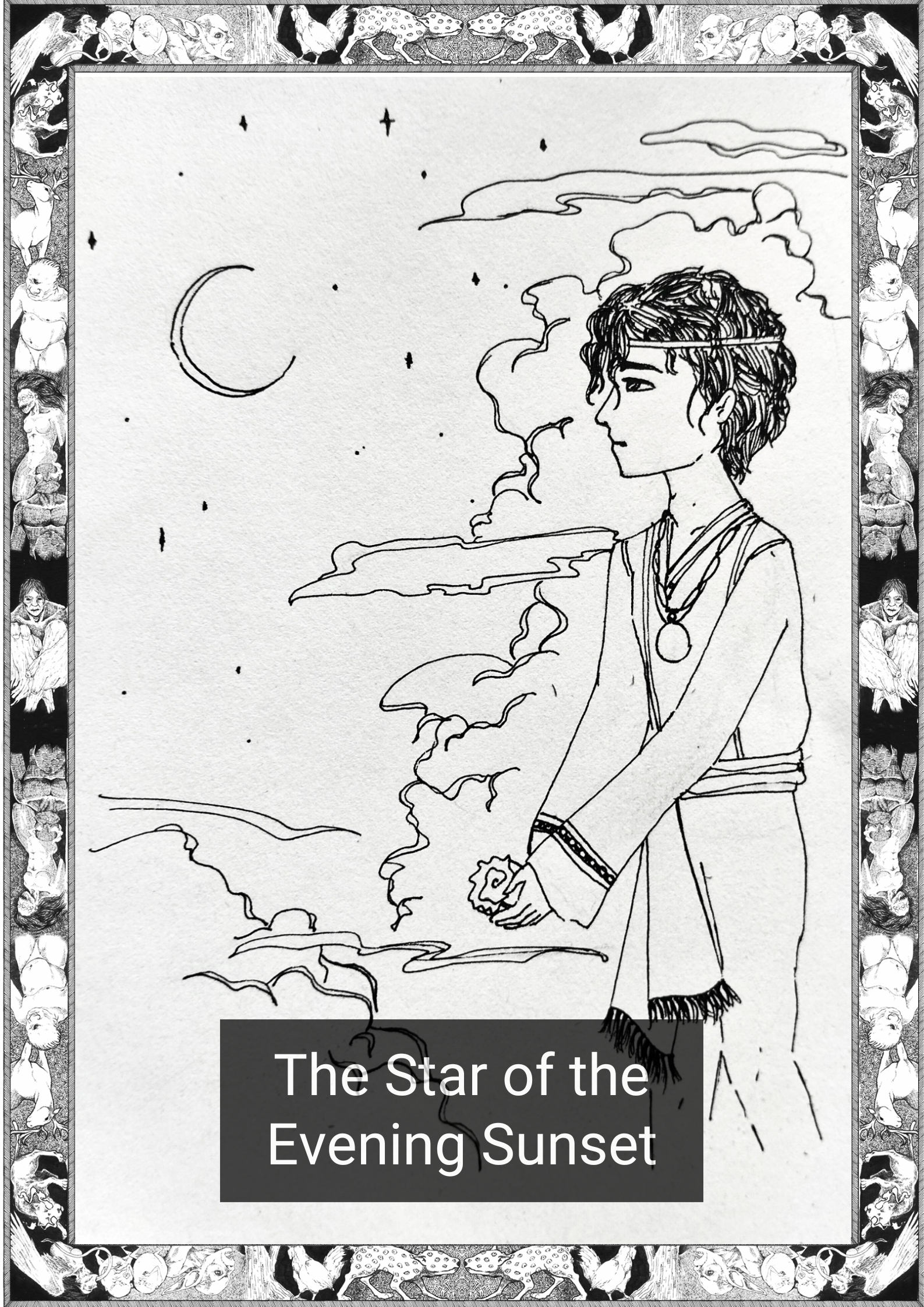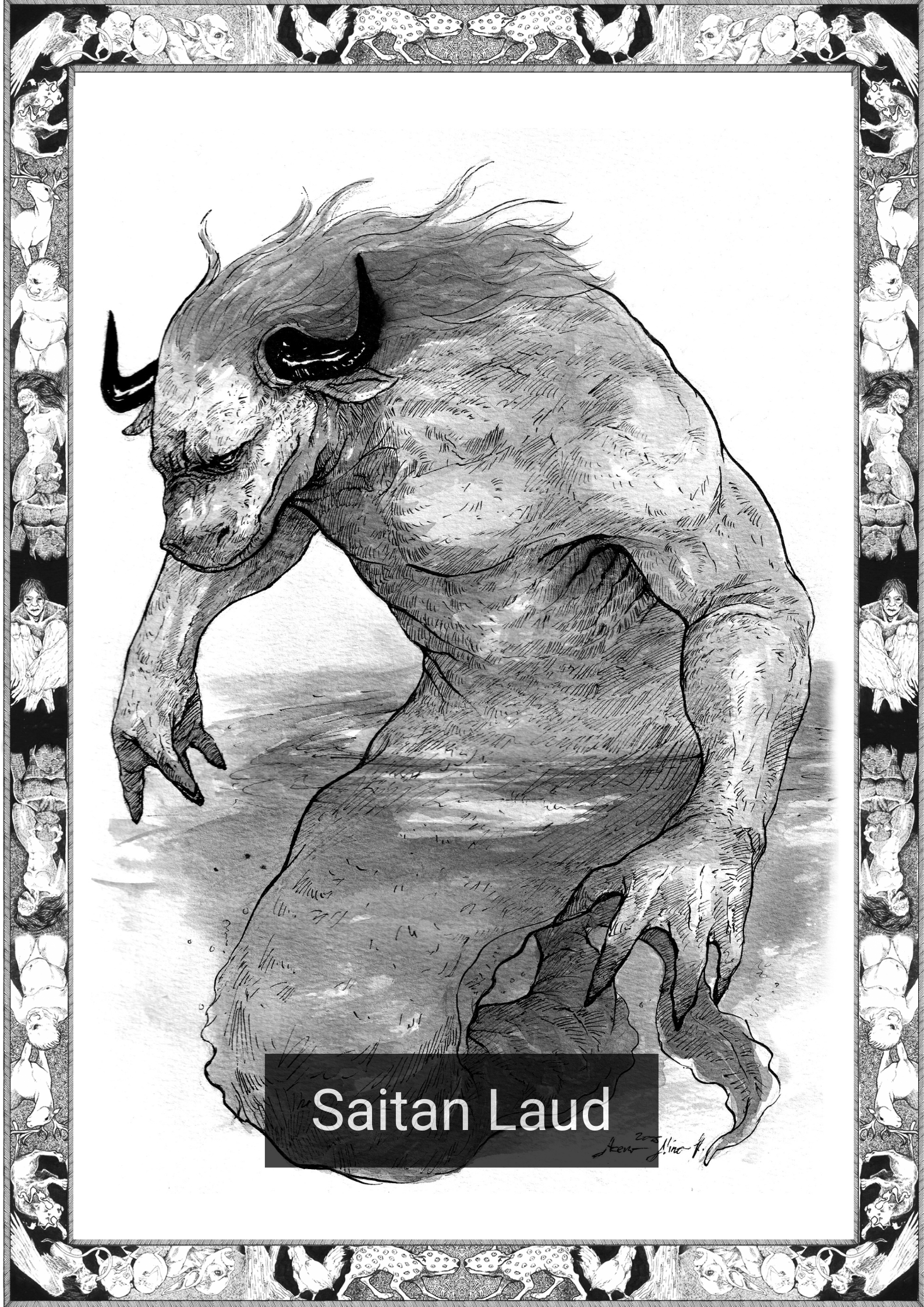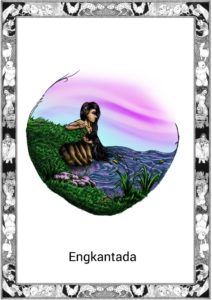
Part 3 of Escape from Trapped in the Engkanto’s Realm
“It’s my turn isn’t it?” Cirilo looks at me expectantly.
“Yeah,” I reply. Cirilo and I swap stories to pass time in this hellhole. It passes the time until the bad engkanto make us go to work again, building their palace for god-knows-what reason.
“Have you ever been to Polangui?”
“Not really, where is it?”
“Albay. This is the story of a man named Jose and an engkanta.”
“Why do all of your stories have to do with the engkanto?”
“They’re the only ones I know,” Cirilo said sadly.
I had forgotten that he was just a child that had been raised in their world. The poor thing probably hadn’t heard of anything from the human world apart from the stories that I told him.
“I’m sorry,” I apologized, and Cirilo continued with his story.
“In the town of Polangui, there is a spring gushing from the foot of a hill. The brook served as the source of water for the people in the nearby barrio. One noon, a man named Jose saw a girl alone, bathing. The woman was very beautiful, her long hair wafted fragrance even from a distance. She greeted Jose who was surprised, as he had never met the woman before.
The two became friends, until one day when he did not return home. His father followed him to the brook but he was not there. The whole village looked for him, but he was nowhere to be found.
After ninety days, he returned to his home. Jose was wearing the same clothes that he had on the day he was lost. He was surprised when his family said he disappeared as he said he only spent a few hours in the house of the beautiful girl.
He told his family that he had been taken to her home on the top of the mountain. The house was made of full crystal, all the servants were Aetas and he was fed all kinds of food.
There was black rice there too.” Cirilo stopped the story then and laughed.
It was morbid, but I laughed too.
“As soon as he left the house, he appeared back at the brook—
“And then his family found him and told him to stay away from engkantos.”
“That’s the way all my stories end don’t they?”
“It’s a good moral.”
————————–
Continued from the Albino’s tale
Written by Karl Gaverza
Copyright © Karl Gaverza
Inspired by ‘The Fairy at the Brook.’ in Philippine Folk Literature: The Legends. Eugenio. 2002.
Engkantada Illustration by Ysa Peñas
Instagram: https://www.instagram.com/
